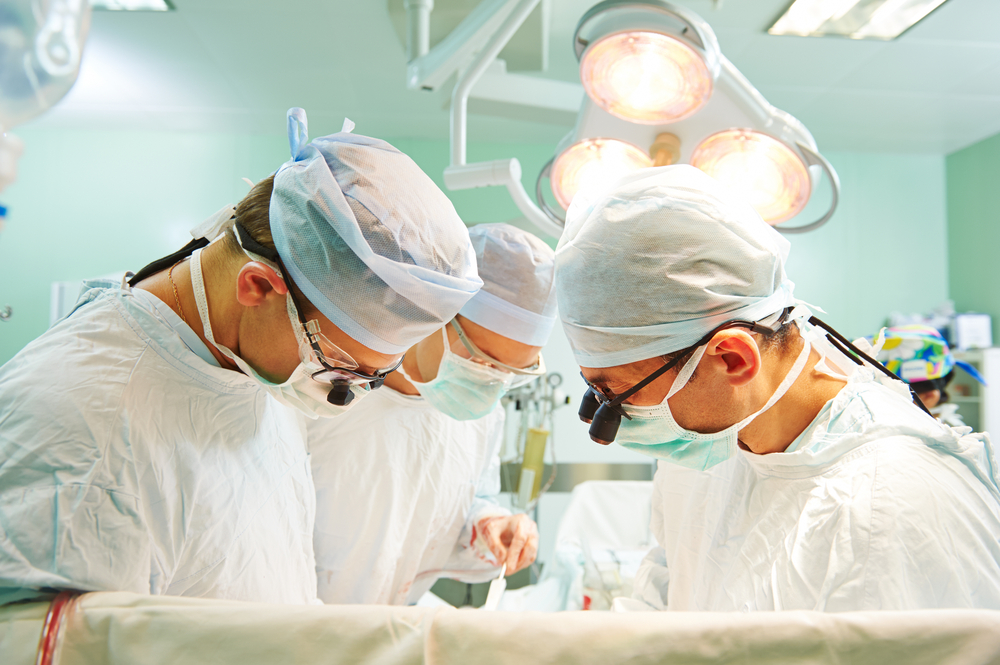DIAGNOSIS
Prior to a heart transplant, the following laboratory tests may be requested:
- Virus testing for hepatitis viruses, human immunodeficiency virus (HIV), Epstein-Barr virus (EBV), and cytomegalovirus (CMV)
- Fungus and tuberculosis testing
- Prostate-specific antigen testing
- Papanicolaou testing
- Complete blood count (CBC) and bleeding tests such as platelet count, prothrombin time (PT), activated partial thromboplastin time (aPTT)
- Clinical chemistry including liver profile, lipid profile and urinalysis
- Blood typing and screening
- Coronary arteriography
- Echocardiography
- Chest x-rays
- Bilateral mammograms
- Cardiac and pulmonary evaluation
- Biopsy
TREATMENT
Heart transplant will be done in a hospital. You will have general anesthesia so that you will not be awake during the procedure. You will get medications through an intravenous (IV) line in your arm. A breathing tube associated with a ventilator will enable you to breathe. A surgeon will open your chest, attach your heart and blood vessels to a heart-lung sidestep machine, and remove your heart. The body’s blood vessels will be removed the machine and reconnected to the donor heart. The heart transplant is finished after the surgeon closes up your chest.
After the procedure, you will recover the intensive care unit of the hospital and remain in the hospital for up to three weeks. While recovering, you may begin a cardiovascular rehabilitation program. Before leaving the hospital, you will figure out how to monitor your general health; screen your weight, blood pressure, heartbeat, and temperature; and recognize the signs and symptoms of heart transplant rejection and infection.
For the initial three months after hospital discharge, you will return frequently for tests to check for disease or rejection of your new heart, to test your heart if it is functioning effectively, and to ensure that you are recuperating well.
Having good hygiene, acquiring routine vaccinations, and settling on healthy food choices are vital after a heart transplant to decrease your risk of disease. Consistent dental care is likewise critical. Your specialist or dental practitioner may recommend anti-infection medicines before any dental work to prevent disease. Following your specialist’s recommendation will enable you to recover and remain healthy and well.


